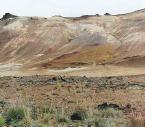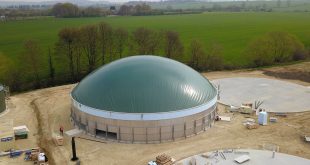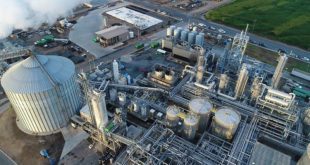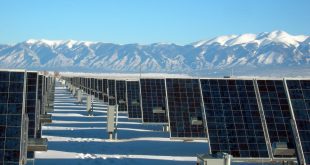When it comes to geothermal energy, Australia may not hold the top spot in the utilization of this renewable energy, but the potential is certainly there. As it has with other renewables, Australia has turned its attention to geothermal energy as a means to reach certain energy generation goals by the end of the year. These goals somewhat mirror the guidelines set by the Kyoto Protocol.
Why isn’t geothermal energy as prolific in Australia as in other parts of the world? One reason is that the geothermal energy found in much of Australia is not what is considered “wet.” Wet geothermal is found in areas that contain volcanic activity in which super heated water lies near or on the surface of the Earth. The steam created by this water rotates turbines that generate electricity. Because Australia is not volcanically active, binary power plants are used. As you would expect from something that is binary, it is a two-step process. Unlike wet systems in which the water is already hot enough to produce steam that rotates a power turban, water is injected into hot granite to create steam in a binary system. In Australia, this granite lies 3-5 km below the surface. A heat exchanger transfers the energy from the heated fluid to what is known as a working fluid (such as ammonia). The working fluid vaporizes in the exchanger and is then expanded in a turbine, generating electricity. As you might guess, the multiple steps involved in a binary geothermal system are costlier than in a wet system. Australian authorities have stated, however, that geothermal energy will be cost competitive with that of carbon-based energies.
Geodynamics, a company based in Australia, may have found an area in South Australia that would lessen the cost of geothermal energy generation. They claim that the Cooper Basin contains granite measured to be the hottest rocks ever recorded on the planet. And because the overlaying rocks that act as an insulation blanket have been found to be fractured, pressurized water inside them could flow to the surface and the heat would then be extracted to power turbines. The water would then return to the incredibly hot rocks below, allowing the process to start again. Because this water is naturally occurring, the need for outside water sources is eliminated, lowering the cost of geothermal energy production.
As further exploration of geothermal energy in Australia is conducted, more hot spots are sure to be found and this renewable energy will become method of energy generation for years to come.
 Alternative Energy HQ solar power for homes, wind energy, and bio fuel issues
Alternative Energy HQ solar power for homes, wind energy, and bio fuel issues








